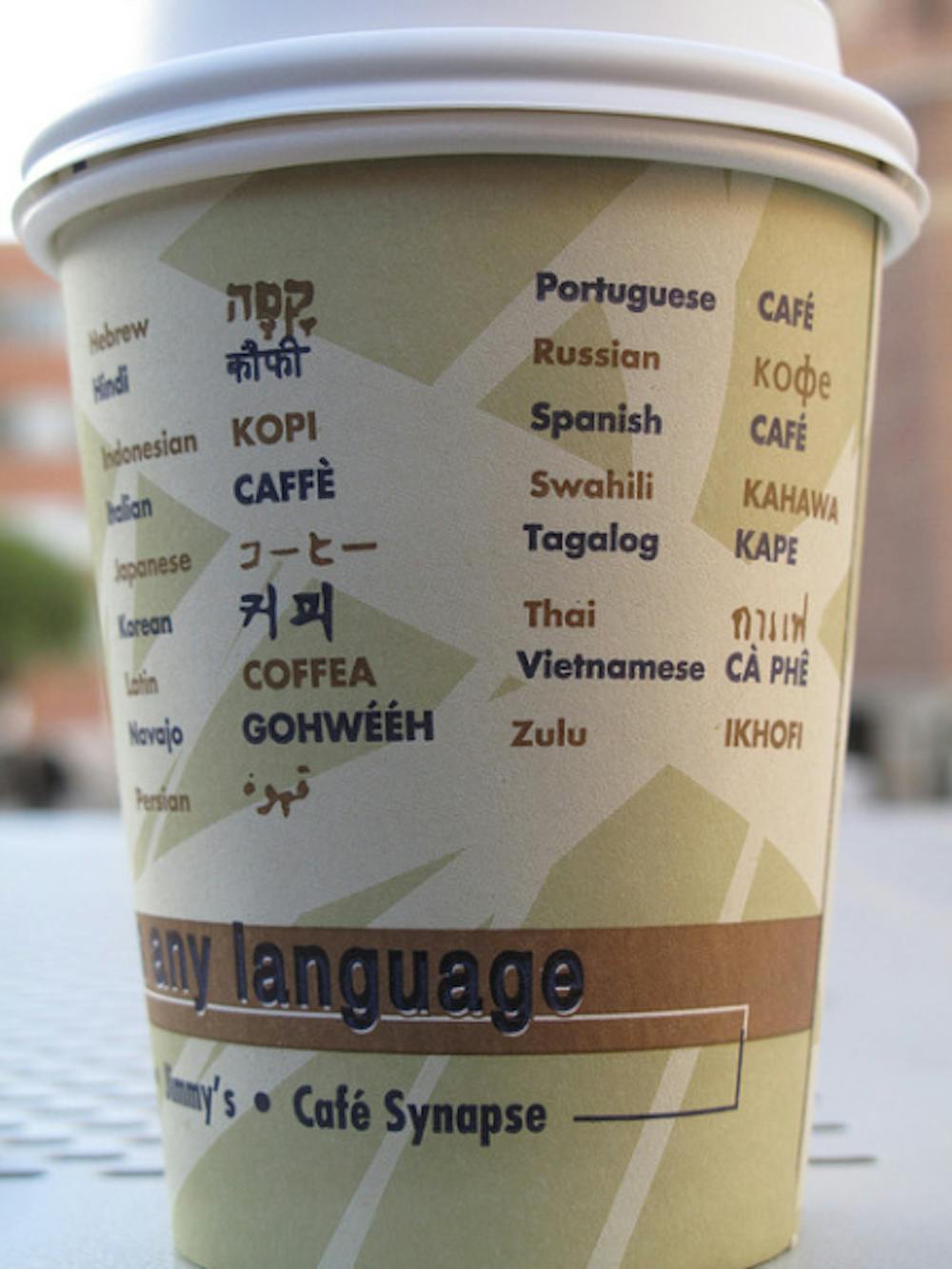There are over 150 majors and 100 minors offered at the University of Florida, yet the majority of students are oblivious to the real variety of subjects that they could be majoring in. Over the next few weeks, Gator-Aider is here to help by doing the research for you in search of the perfect degree.
Ever wanted to simply learn about language? Discover why a common greeting like “hello” varies between cultures? Study how language is processed in the brain?
In an often-undiscovered department in the College of Liberal Arts and Sciences, linguistics majors take classes such as Syntax, Semantics, and Phonetics as they seek out an understanding of words and meanings across cultures.
The Linguistic Society of America defines language as “that which makes us human.” Linguistics itself is defined as the study of language across culture; combined, one could say that linguistics majors actually study humanity.
Rather than memorizing a list of vocabulary words in a quest to become quad-lingual or translating long paragraphs out of an instruction manual, linguistics majors study “the diversity of language,” according to Undergraduate Advisor Dr. Wind Cowles, who spoke on the degree she herself earned not so long ago.
“We study structure, words and sounds — all of it goes together,” Cowles said.
If you harbor a love of languages and are a naturally curious person who enjoys puzzles and complex problem solving, Cowles added that this was the major for you.
“[Students] obtain an understanding of how language really works. It [linguistics] improves their interpersonal communication as well as cultivating an appreciation for the phenomenon of globalization,” Cowles said.
Considered a social science, there are many fields that students can consider once they have chosen linguistics.
Many choose to study and document endangered languages, while others take a sociolinguistic (or cultural) approach to language. Still others take a psycholinguistic approach to the complicated system and study the cognitive path of language in the brain.
Other paths include teaching English as a second language (TESL) certification or additional fieldwork.
The department offers a major and a minor; both first require the completion of LIN3010, which serves as an overview of the different fields of interest, while also counting as a humanities general education credit.
As an experienced linguist, Cowles said her favorite part of her career was having connected with people through language all over the world.
“I have friends on every continent,” she said.






